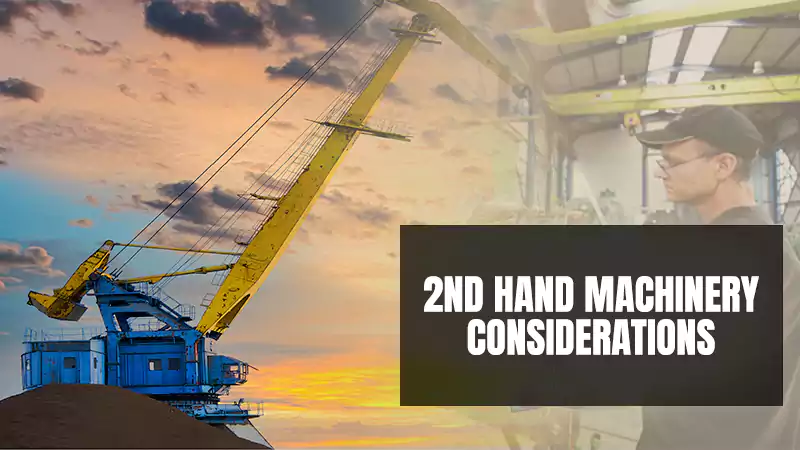Why Digital Manufacturing is the Future
Digital manufacturing is generally whereby a traditional manufacturing and design process is completed using an integrated computerized system. It should also be the entirety of the system if it is to be genuine digital manufacturing and transformation, including all departments and all functions. This article will discuss why such digital manufacturing is the future of production and the benefits thereof.
Safety is Improved in Digital Manufacturing Processes
The smart factory is appreciably much safer than the traditional, human-run factories of old. It was initially simply the digitization of tasks and increased sensors and computer-aided work. This has shifted to a point where human interaction is in programming and 3D-assisted design. This has taken human life off the coalface so to speak and improved the safety of factory work for many across the globe. Many of the cutting and design tools and machines available at places like kerfdevelopments.com are now computer-aided, meaning that human beings are nowhere near the incredibly dangerous jobs of cutting and milling components. Laser cutting, water cutting, CNC cutting, and more are now all computer-aided and thus much safer for the human workforce.
Increased Productivity
There is no doubt that the transfer of electronic information and data is much faster and more seamless, allowing for a faster, increasingly efficient means of production. There is also an ability for real-time analysis of all production processes, systems, and actual products. All this serves to increase productivity and the basis of such improvement is the digitization of the entire production process.
Greater innovation
As computing power improves the digital manufacturing process can begin to refine and develop itself. Machine learning and artificial intelligence are now being developed to allow ongoing and continuous innovation in the digital manufacturing process. As innovation improves it is a way to attract both new customers as well as a new breed of workers who want to work in a modern environment.
Can More Easily Meet Customer Demands/Needs
The ability to make quick and seamless changes to the production line is a way to meet customer demands in a much quicker and more efficient way. Making changes is no longer about retraining those working on the production line, but simply changing the software that’s being used to make these changes. Digital or computer-aided manufacturing thus makes for a more flexible production process and is arguably the best way in the modern arena to be able to make immediate changes to a product.So yes, digital manufacturing is the future of production, and this future is here, now. As global competition increases there is increased pressure for manufacturers to find creative ways to keep up and one of these is sure to be digital manufacturing. It is becoming known as manufacturing and industry 4.0 and these changes and improvements are clear for all to see. In conclusion, if your business is in any way linked or related to the manufacturing sector then you too need to know as much as you can about the future of digital manufacturing and engineering.











Share